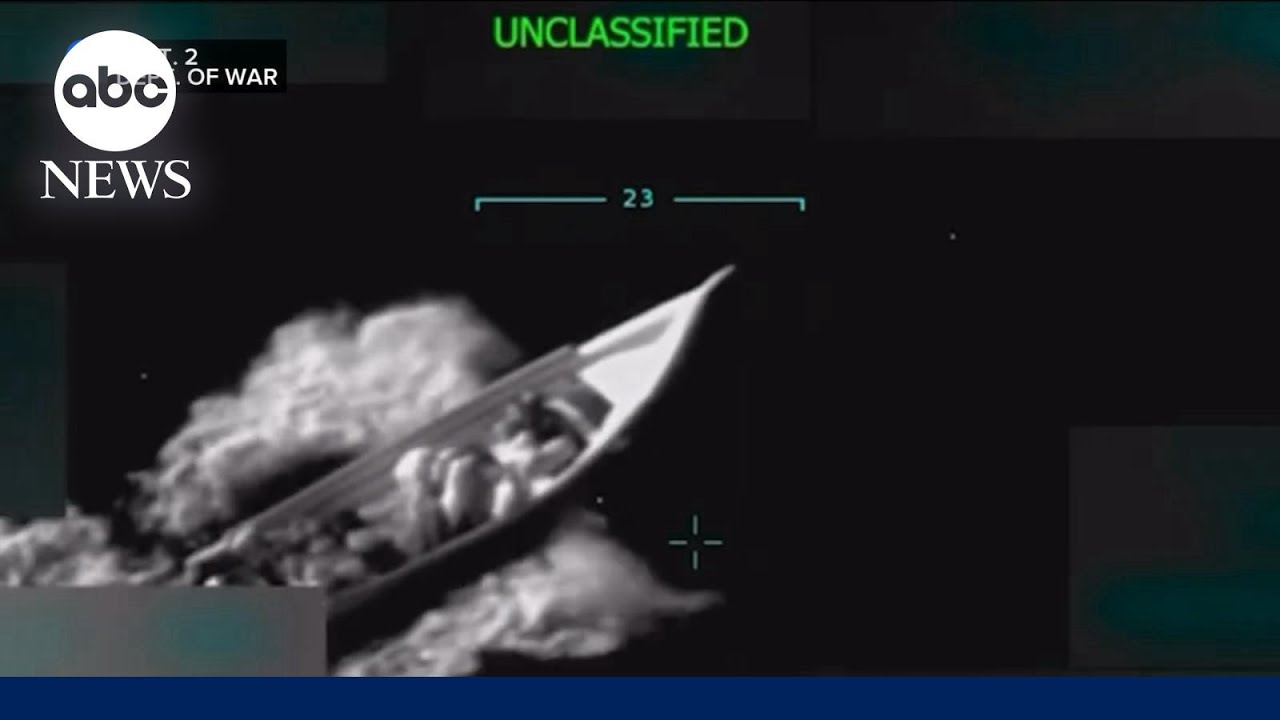Tensions between the United States and Venezuela continue to escalate following a controversial incident involving a Venezuelan fishing boat. The US Navy recently conducted an inspection of a tuna fishing vessel, allegedly suspected of carrying narcotics, in what has become a highly disputed event.
According to a statement from Venezuela’s foreign ministry, 18 armed individuals, reportedly carrying long-range weapons, boarded the Venezuelan tuna fishing boat and occupied it for eight hours. Venezuelan officials strongly denounced the operation, claiming it took place within Venezuela’s Exclusive Economic Zone (EEZ), effectively considering it a violation of the country’s sovereignty.
However, a US official offered a different account, stating that the inspection took place in international waters. The official clarified that the US Navy personnel acted based on intelligence indicating that the fishing boat was involved in drug trafficking activities. Despite a thorough search, no narcotics were discovered aboard the vessel. Moreover, the official disputed the Venezuelan claim of an eight-hour operation, insisting the boarding was much shorter in duration.
Cristian Cordderero, reporting for ABC from the Caribbean region, explained that the key details of the incident remain hotly contested between the US and Venezuelan governments. The event is unfolding amid a larger backdrop of growing US military presence in the region. Over the weekend, five F-35 fighter jets arrived in the Caribbean as part of an intensified effort to combat drug trafficking networks.
This latest development follows an earlier US strike on September 2nd, which targeted a speedboat operating in international waters. According to US officials, the speedboat was suspected of being operated by members of the notorious Trend Aragua gang, known for narcotics trafficking. The strike reportedly resulted in the deaths of 11 individuals. The Trump administration has justified these actions as part of its broader strategy to crack down on drug inflow into the United States.
Nevertheless, the legitimacy of these measures remains heavily questioned. Venezuela’s Interior Minister has publicly denied that any Trend Aragua members were among those killed in the September 2nd operation. The Venezuelan government continues to assert that these actions constitute a direct violation of its territorial rights.
Cristian Cordderero further explained that in response to rising tensions, the Venezuelan government has intensified militia training exercises and called up civilians into reserve forces. This move is widely viewed as a defensive reaction to the recent US actions and a way to fortify the country against perceived external aggression.
A key point of contention is the legality of the US actions. The Trump administration argues that its operations target drug cartels, which it has officially designated as foreign terrorist organizations. This designation is part of a legal framework meant to differentiate these anti-drug operations from direct confrontations with the Venezuelan government.
Despite this, many analysts warn that the situation risks escalating into a broader geopolitical conflict. With both nations firmly standing their ground, the international community is closely watching for the next steps. The lack of clarity over the exact location of the incident, the identity of the people involved, and the duration of the operation further fuels uncertainty.
In conclusion, while the US Navy maintains that its inspection of the Venezuelan fishing boat was a necessary anti-drug operation conducted in international waters, Venezuela views it as an aggressive incursion into its sovereign territory. The situation highlights the growing complexity of drug enforcement operations in the Caribbean and underscores the increasingly strained relations between the two nations.
This evolving story is expected to have further diplomatic repercussions in the coming days as more details emerge.
This article is designed to be SEO-friendly with keywords such as “US Navy inspects Venezuelan fishing boat,” “drug smuggling allegations,” “US-Venezuela tensions,” “Trend Aragua gang,” and “US anti-drug operations.” It is written in a human, journalistic tone, suitable for news websites or blogs.
